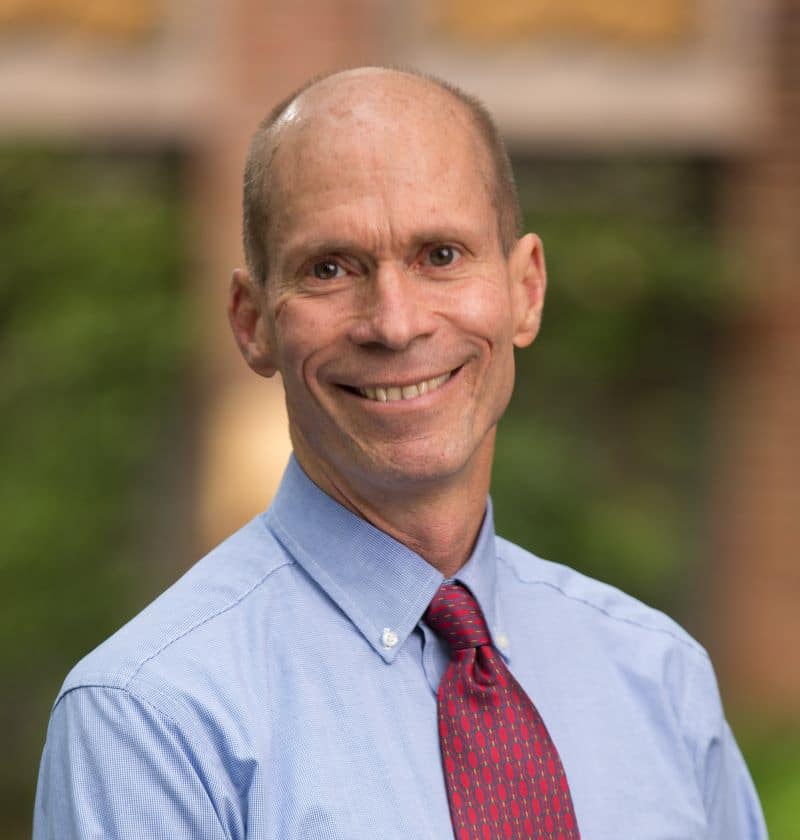Let’s start with a little diagnostic jargon. Officially, we use the term cyclothymic disorder to describe a mood pattern including both mild depression and hypomania—with neither severe enough to make a diagnosis of bipolar disorder. And we use the term bipolar disorder type 2 to refer to a mood pattern including both major depression and hypomania. Finally, we use the term bipolar disorder type 1 to refer to a mood pattern including both major depression and full mania. Full mania means that significant manic symptoms last at least 7 days or lead to hospitalization.
Antidepressant medications can certainly cause mania, especially if they are used alone (without a mood stabilizer or anti-manic medication). That can happen in people with no history of hypomania or mania—but this risk is higher in people with type 2 bipolar disorder and highest in people with type 1 bipolar disorder. In other words, a history of mania increases the odds that taking an antidepressant can bring on mania.
Officially, a manic episode brought on by taking an antidepressant would not add up to a diagnosis of bipolar disorder. But it would certainly identify someone at higher risk for having a manic episode in the future, with or without antidepressant medication. My advice to anyone who experienced mania after starting an antidepressant would be: You should make sure any doctor who wants to prescribe an antidepressant knows about this! Some people have used the term “type 3 bipolar disorder” for the pattern of depression with a manic episode that ONLY happened while taking antidepressants. But psychiatrists do like to name things!



